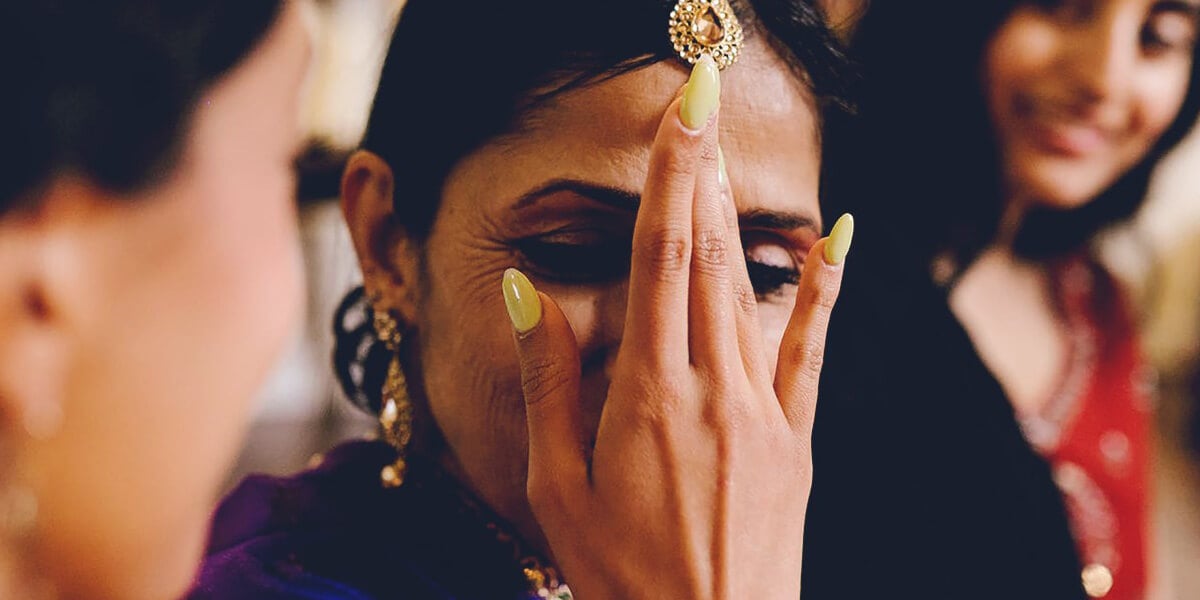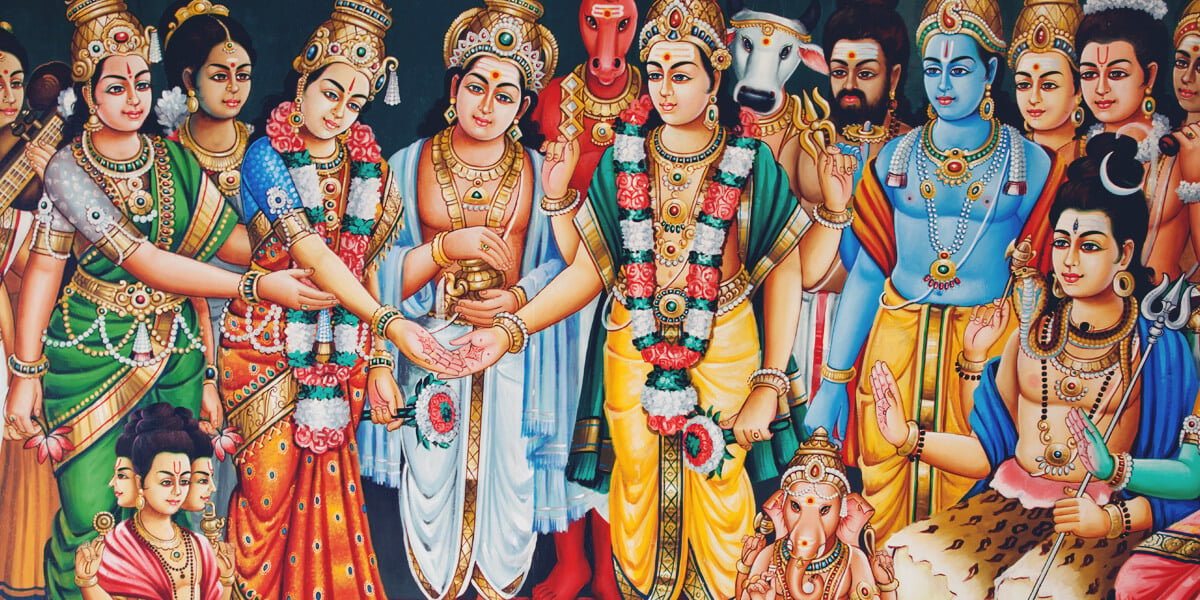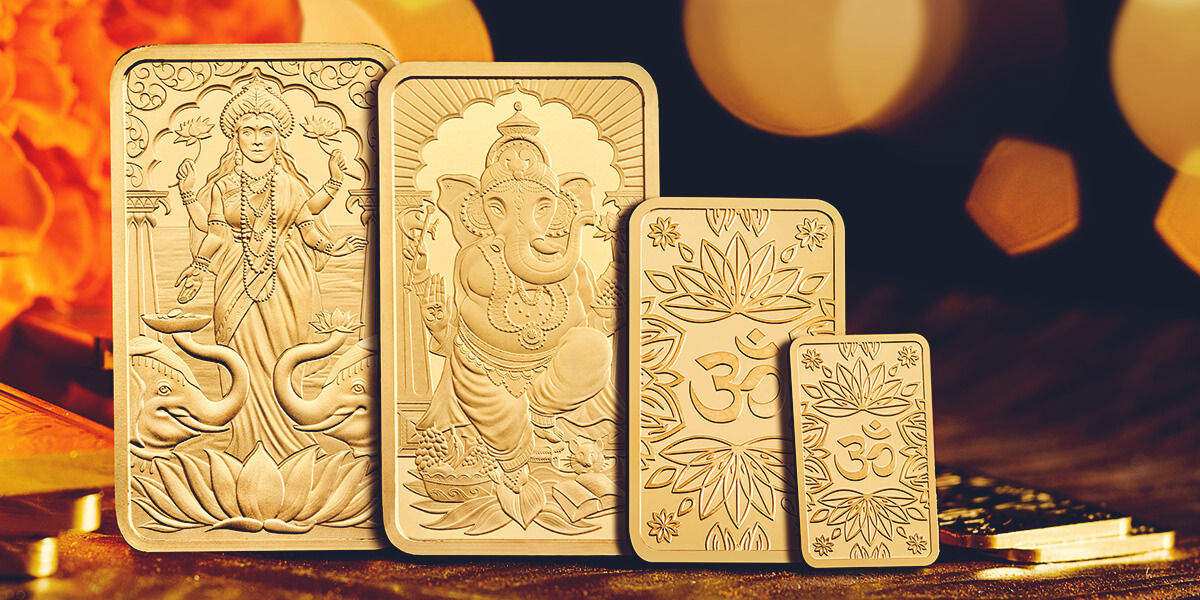- When is Diwali 2024?
- The Story of Diwali
- How do People Celebrate Diwali?
- A Golden Diwali

When is Diwali 2024?
Taking place in October or November, depending on the cycle of the moon each year, Diwali follows the Hindu lunar calendar. The highlight of the celebrations, Lakshmi Puja, takes place on the third night of the festival, which is the darkest night of the lunar month. In 2024, the celebrations begin on Tuesday, 29 October and finish on Sunday, 3 November, with Lakshmi Puja taking place on Friday, 1 November.
The Story of Diwali
In India, the story of Diwali is split into three alternate tales depending on the region, with all including victories from men thought to be the reincarnation of Vishnu, the preserver and protector of the universe.
• In Northern India, the celebrations mark the return of Prince Rama to the city of Ayodhya following a heroic tale involving the rescue of his wife Sita, an incarnation of the goddess Lakshmi who many commemorate during the Diwali celebrations.
• In Southern India, the holiday commemorates the day that Lord Krishna was victorious over the demon king Narakasura and freed the people of his kingdom, with Krishna declaring the day one of festivity.
• In Western India, the festivities centre on the day where Vishnu banished the demon King Bali to the patala (netherworld).
Lakshmi, goddess of wealth and good fortune, and wife of Vishnu, is also celebrated during Diwali. Lakshmi became connected to Diwali in early Indian society as the celebrations took place the same time of the last harvest before winter, which led to prayers to the goddess for a good harvest and fortune. Today, many honour Lakshmi by decorating their homes to welcome the goddess, and in return receive blessings and fortune.

How do People Celebrate Diwali
The way Diwali is celebrated depends on religion, region and tradition. For many Hindus, Diwali honours Lakshmi, the Hindu goddess of wealth and prosperity.
1st Day – Dhanteras, Descriptor
On the first day of Diwali, families will clean their houses; this is the start of the preparations to make their homes welcoming to the goddess Lakshmi. In order to bring good fortune, people often make purchases on this day, including gold, silver and utensils.
2nd Day – Choti Diwali, Diwali Decorations
Decorating is key in the celebrations of Diwali as it is seen as a way to celebrate and welcome the gods. Commonly referred to as the festival of lights, it is customary to celebrate by lighting candles and small clay lamps called diyads and lanterns called kandeels, as light is thought to represent triumph over darkness, ignorance and evil.
People also celebrate by decorating and making their houses full of colour. A popular custom is rangoli, a popular art form that sees people creating colourful, vibrant and ornate patterns on the floor with powders and flowers as a warm gesture to Lakshmi. Many believe that the goddess will visit and bless those with welcoming homes, and some even leave their windows and doors open so Lakshmi can easily find her way into their homes.
3rd Day – Lakshmi Puja, Gatherings and Food
The third day marks the main day of Diwali, on which family and friends gather to pray to Lakshmi, followed by grand feasts and fireworks; if the family has made lamps the day before those will also be lit. On the night of Diwali, many Hindus offer prayers to both Lakshmi and Ganesh, the god of good fortune and wisdom, for the coming year.
4th Day – Govardhan Puja, Diwali Gifts
On the fourth day of Diwali, gifts are often given. During Diwali, gold is a popular and auspicious gift given to loved ones in order to bring luck, alongside other traditional gifts including statues, jewellery, homeware, sweets, candles and lamps.
5th Day – Bhai Dooj, Brothers and Sisters
The fifth days sees brothers and sisters meeting; brothers will pledge to protect and defend their sisters, whilst the sisters will pray for long and healthy lives for their brothers.
A Golden Diwali
The Royal Mint offers a range of gold bullion bars which are perfect Diwali gifts. Designs include Ganesh, Lakshmi and the sacred symbol, Om. Give the gift of gold this Diwali and shop our Diwali Range below

